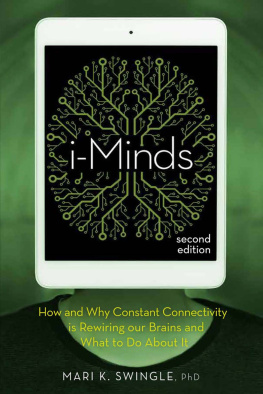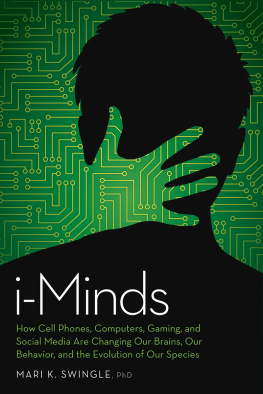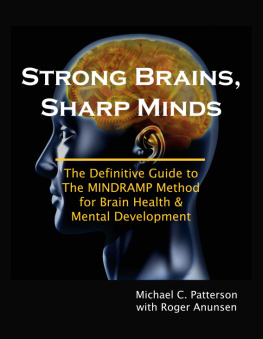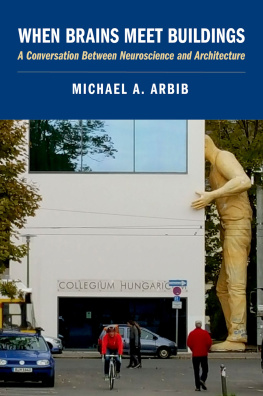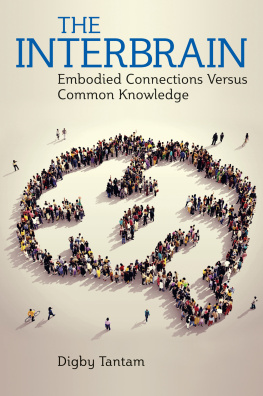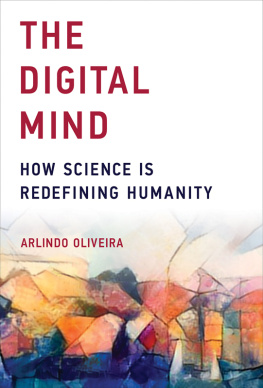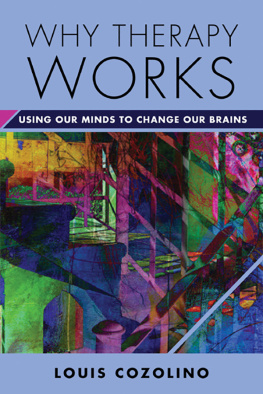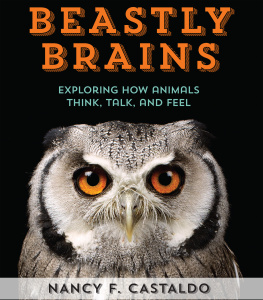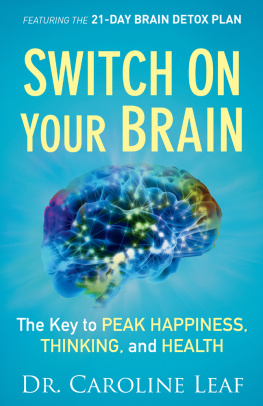About the Author

DR. MARI SWINGLE holds a PhD and MA in Clinical Psychology from Fielding Graduate University (2013), MA in Language Education from the University of British Columbia (1997), and BA in Visual Arts from the University of Ottawa (1987). She is a BCIA Senior Fellow, practicing clinician, and Certified Neurotherapist (since 2000) and sits on the Board of Directors of AAPB (since 2016). Dr. Mari, as she is known in her practice, is the 2015 winner of the Association for Applied Psychophysiology and Biofeedback (AAPB) Federation of Associations in Behavioral and Brain Sciences (FABBS) Foundation Early Career Impact Award for her research on the effects of i-technology on brain function. Dr. Mari Swingle regularly presents her research to both professional and public audiences; she speaks both nationally and internationally on the topic of i-media and its effects on the psychoneurophysiology of children and adults as well as the effects of ever-evolving interactive technologies on society, culture and humanity at large. Drmariswingle.com

CHAPTER 1
The Shift
How It All BeganSocietal Shifting
Every era has an innovation that changes the face of society: the way we think, the way we act and interact as individuals, as a community, and as a culture. As the innovation is introduced, it tends to be greeted with elation. As the innovation becomes integrated and the first societal shifts become apparent, some start to question the balance of benefit and loss in the equation of change. We are now in such a place with digital media.
For well over 20 years now, cell phones, PCs, and the internet have been completely integrated in global culture, i-culture: welcomed by most, resisted by some, the impact apparent for all. There is great change for the better, but now, a few decades into the assimilation, there is also arguably evidence of an equally negative impact. The darker side of the digital era has emerged.
Be it due to navet or denial, feelings of powerlessness or complacency in the face of industry, the negative influences of digital media, i-media, are expanding. First blindly accepted by mosteducators, business, parents, and partners, now many of us are now questioning what has gone terribly wrong. We are also wondering how it got this wayand so quickly. This book will explore such changes and hopefully provide food for thought on what we should embrace and accept, what we should unequivocally reject, and what aspects of the digital era we should now be debating.
We are now in a period of question, and I trust reflection, and also debate. The debate, unfortunately, often gets sidetracked into generational argumentsa generational divide wherein the older complain of the younger becoming progressively stupid, rude, and isolating with screen-based technology or i-tech at the expense of interpersonal or face-to-face relationships. The young, like any generation before, equally find their prei-tech elders ignorant of advancement, judgmental, invasive, and abrasive in their views, feeling they should stop pontificating and get with the times. Arguably, now there is also a third generation, one sandwiched in between those that knew the world fully functional prei-tech and those who know no other. This generation has now reached maturity and not only thinks differently, but functions differently. Hence potentially three very different world views and perspectives contemplating, and arguing too, on the role technologies should have in our lives.
But by getting trapped in our differences we are all missing the point. By sticking staunchly to our positions, we risk missing the fine print: the subtle and not-so-subtle changes in human behavior and underlying brain function that are unequivocally changing all that we are, and the world that we live in. Here we all owe it to ourselves, and the generations that will follow, to open our eyes, look up, and examine change in action, to arm ourselves with information on who we are, and what we wish to become in this new, and yes, wonderful, i-mediated world.
And now the dark side.
First Hints of a Problem
In the 1990s and early 2000s, a select group of scholars and healthcare practitioners began to systematically note the emergence of a new set of issues seemingly associated with excessive usage and otherwise unhealthy applications of i-technologies, or what we now call screen-based technologies. Not too much later the effects were confirmed, notably in the realms of sexuality, socialization, education, and failure to launch. For children, adolescents, and youth, excessive usage of digital media is now highly associated with learning disabilities, emotional dysregulation, as well as conduct or behavioral disorders. For adults, it is highly correlated with anxiety, depression, sexual dysfunction and sexual deviation, insomnia, social isolation, disaffected pair bonding, marital conflict, and compromised work performance. In clinical practice, we are also seeing some rather frightening connections with thwarted emotional and cognitive development in the very young. Attachment is affected at its core, and new forms of anxiety are emerging. There are also rather recent, and as of yet unnamed, personality transformations and disorders directly bound to screen usage; conditions entirely unknown in the prei-tech era.
Opening Our Eyes
When I first started looking into this in depth the early 2000s, I wanted to think we were wiser as a global culture, having learned from past mistakes. That we were beyond blindly continuing on paths of innovation without looking up to examine the potential toll. But it seems the push from industry and our mesmerization with so-called advancement is just too strong. Unlike excessive consumption or abuse of other substances such as alcohol, food, or drugs, for many, the effects of excessive usage of i-tech is still rarely perceived as contributing to, never mind as causing, a specific ailment, condition, or conflict.
All this said, i-tech is here to stay and has unquestionably advanced our world. It is not negative by nature. This is not the claim that this book will make; not by far. But what the internet and all digital media give, they can also take away. How we use it, interact with it, and depend on it vis--vis our real world and real relationships within are key.
The questions we now need to start asking ourselves are not what the technologies are positively contributing, as these contributions are rather evident, but rather what the technologies are replacing or taking away: an older technology, a behavior, a skill, a relationship, our compassion, values, our personalities, intelligence? It is time to widen our focus to the broader effects of i-technology in all the branches of our day-to-day lives. It is time to ask ourselves what i-media is truly facilitating. It is also time to look at the politics.
In This Book
This book is written from a therapists perspective. As a practicing clinician, I have based i-Minds 2.0 upon what has passed my clinical floor: how i-media is affecting children, partners, family, learning. The list is long.
Weaving through larger societal shifts, including history, research and hard data, developmental theory, literature on brain function and mental illness, professional reflections, popular literature, popular media, and observations from clinical practice, I will illustrate how the medium is influencing our thinking and our processing our functioning as a whole.

